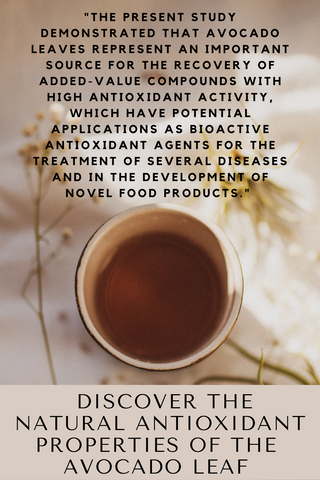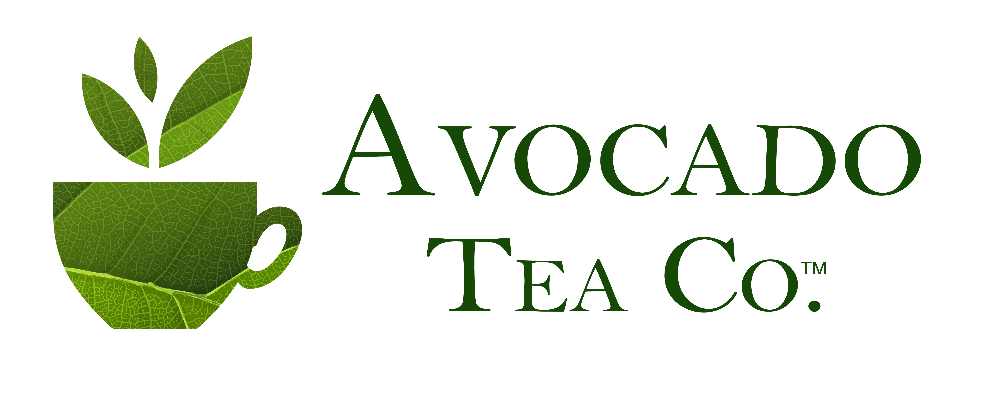Avocado is a fruit that belongs to the family of Lauraceae. It is native to Mexico and Central America, where it has been grown for over 8000 years. Avocado trees are now cultivated throughout South America, Australia, parts of Asia, and the United States.
Avocado is one of the most nutritious food sources on earth. It contains vitamins A, C, E, and K; folate; iron; calcium; magnesium; phosphorus, and potassium. The fruit also contains high levels of monounsaturated fats and dietary fiber. Its antioxidants are said to protect against cancer and cardiovascular disease. Avocados are also good for the skin because they contain moisturizing fatty acids like oleic acid, which helps keep your skin soft and hydrated.
In addition to being a tasty guacamole or salad addition, avocados have been found to have an antioxidant capacity that rivals some of the most potent fruits and vegetables on the planet. The avocado fruit and the benefits it holds have been widely studied which have lead researchers to look more closely into the rest of the avocado tree including the bark, the seed and more interestingly “the avocado leaf”.
Avocado Leaf Extract and Its Antioxidant Capacity: A 2019 Study
The avocado is one of the most important fruits in the world, but it has also been used as a medicinal plant for centuries. Persea Americana (avocado) leaves are traditionally consumed as part of Mexican food and medicine. Previous studies have suggested that avocado leaves contain bioactive compounds with antioxidant properties.
The purpose of this 2019 study was to determine the component profile by liquid chromatography using mass spectrometry/electron spray ionization and to evaluate the antioxidant activity of seven extracts of Mexican avocado leaves using DPPH, ABTS, and lipid peroxidation (LPO). (1)
In this study, 41 compounds were found in avocado leaves of seven cultivars, and 18 phenolics were identified for the first time. The main compound was catechin, followed by quercetin and kaempferol. The antioxidant activity was tested using three different methods: DPPH radical scavenging assay, ABTS radical scavenging assay, and LPO inhibition assay. All extracts showed high antioxidant activity with IC50 values ranging from 271.86 ± 13.69 and 269.56 ± 6.53.

Findings of the study
Avocado leaves contain a large number of bioactive compounds, which have potential applications in the medical field. This study focused on the antioxidant capacity of different avocado varieties. The researchers found that the hydroalcoholic extract from avocado leaves had an impressive antioxidant activity, which could be used to treat several diseases or to develop food products with health benefits.
The researchers analyzed seven different avocado cultivars and found that all of them contained a high amount of phenolic acids and flavonoids.
The study was conducted in Mexico, where seven cultivars were tested for their antioxidant capacity. Researchers found that the leaves contained at least thirty-seven bioactive compounds (phenolic acids and flavonoids), many of which have been shown to have positive effects on the human body.
The researchers also noted that despite these promising results, more detailed studies would need to be conducted to confirm the correlation between genotypes, increase the number of individuals tested, detect more phytochemical diversity, and complement gene expression studies.
Takeaway
The study shows that avocado has a high antioxidant capacity, which means they can fight free radicals in the body. This is helpful because free radicals can cause damage to cells and DNA, leading to health problems. Antioxidants are compounds that can neutralize free radicals before they do any damage. The study also showed that different cultivars of avocado have different amounts of antioxidants and therefore different levels of health benefits.









